
Teresa Ribera
| Use attributes for filter ! | |
| Gender | Female |
|---|---|
| Age | 55 |
| Date of birth | May 19,1969 |
| Zodiac sign | Taurus |
| Party | Spanish Socialist Workers' Party |
| Job | Professor |
| Politician | |
| Jurist | |
| Education | Center for Political and Constitutional Studies |
| Complutense University of Madrid | |
| Universidad Complutense de Madrid | |
| Nationality | Spanish |
| Spouse | Mariano Bacigalupo |
| Position | Third Deputy Prime Minister of Spain |
| Minister for the Ecological Transition and the Demographic Challenge of Spain since 2020 | |
| Born | Madrid |
| Spain | |
| Previous position | Fourth Deputy Prime Minister of Spain (2020–2021) |
| Full name | Teresa Ribera Rodríguez |
| Date of Reg. | |
| Date of Upd. | |
| ID | 529009 |
Teresa Ribera Life story
Teresa Ribera Rodríguez is a Spanish jurist, university professor, and politician who has served as the Minister for the Ecological Transition of Spain since 2018, after Prime Minister Pedro Sánchez coming into power following the successful no-confidence motion against Mariano Rajoy.
New cars sold in EU must be zero-emission from 2035
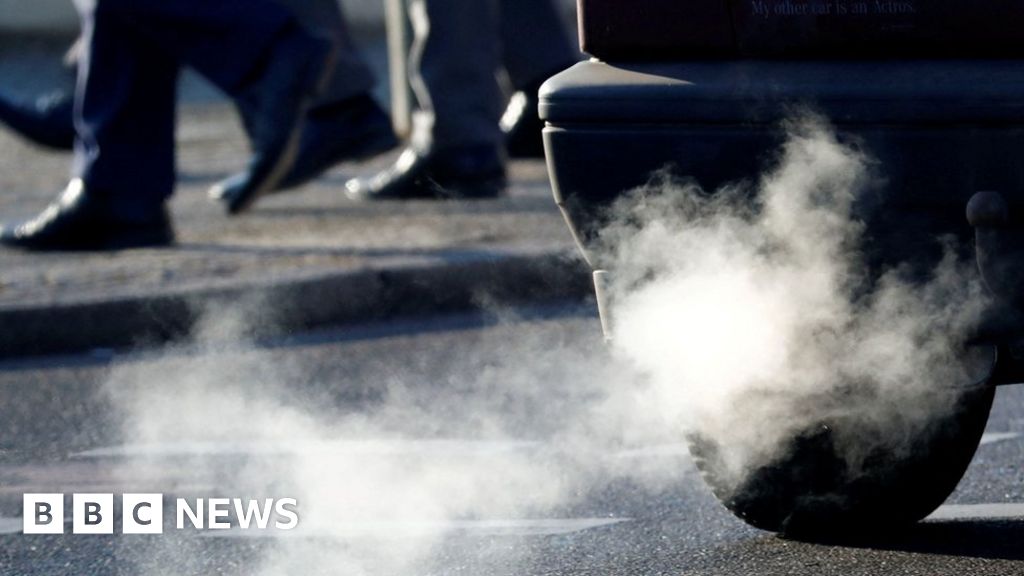
... We think it is not fair, " Spanish energy minister Teresa Ribera said, adding that current assessments suggested e-fuels were too expensive to become widely used...
Climate change: Five dealmakers who will influence the outcome at COP26
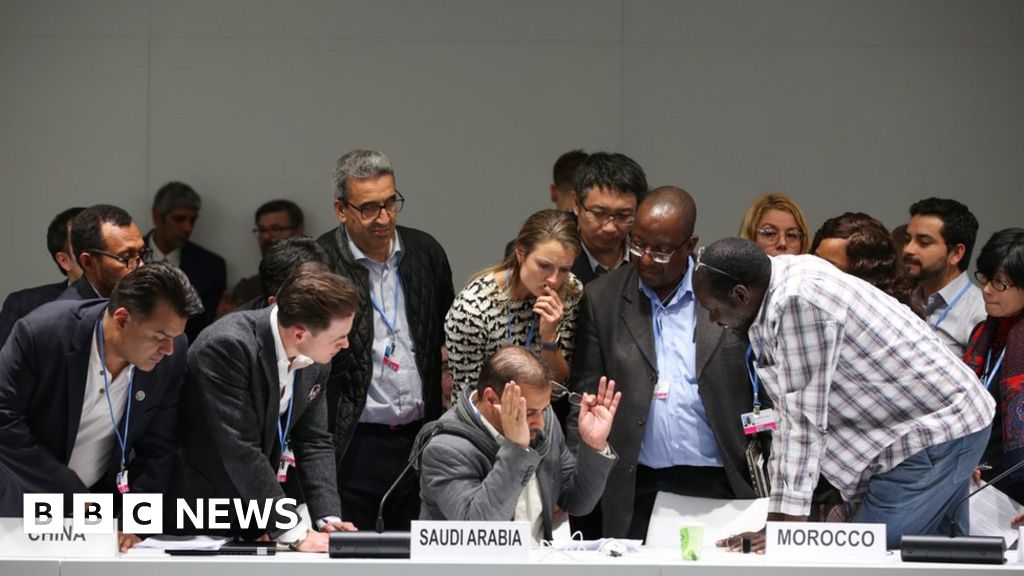
... " Teresa Ribera: Europe s bridge-builderSpain s Teresa Ribera has been involved in the UN climate negotiations process for decades, and she is also an experienced politician, currently serving as Spain s minister for the ecological transition...
Requirements grow, the green industrial revolution
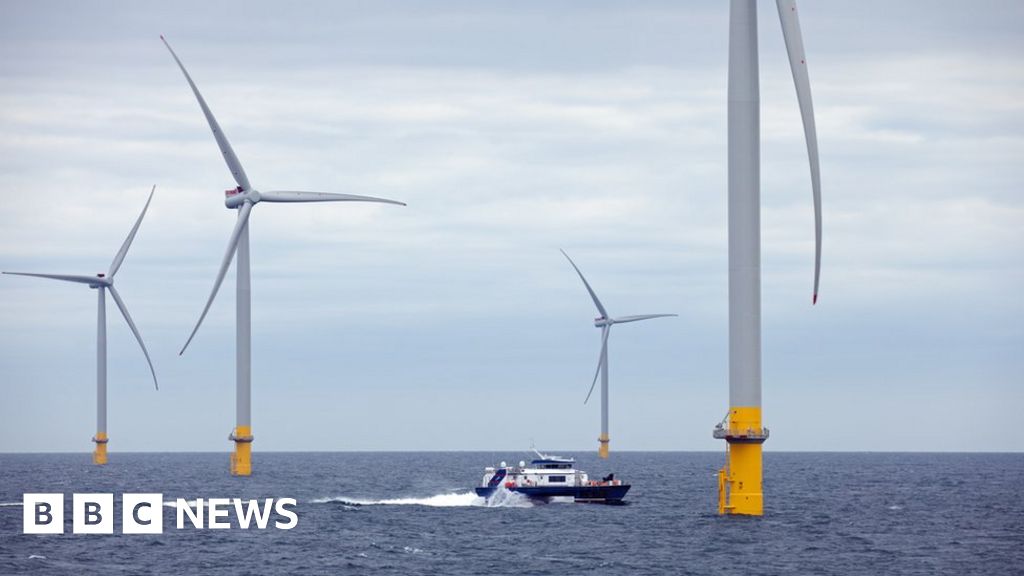
... If we don t, we will be a lot more risk, Teresa Ribera, Deputy Prime Minister of Spain, told the BBC...
COP25: Longest climate talks end with compromise deal
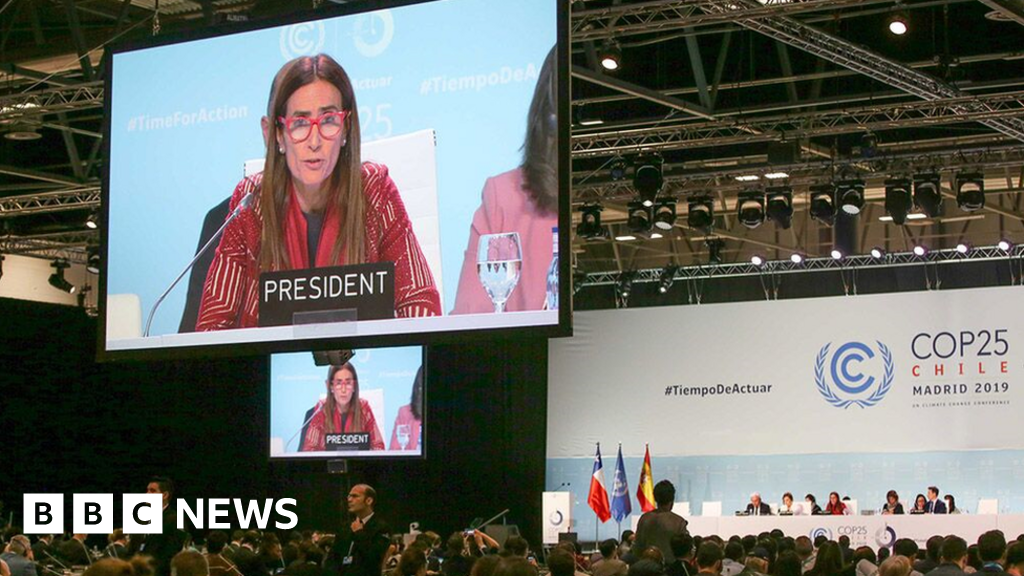
... Spain is acting Minister for the Ecological Transition, Teresa Ribera, said the order was clear...
Climate change: a crucial year for the climate protection begins in Madrid
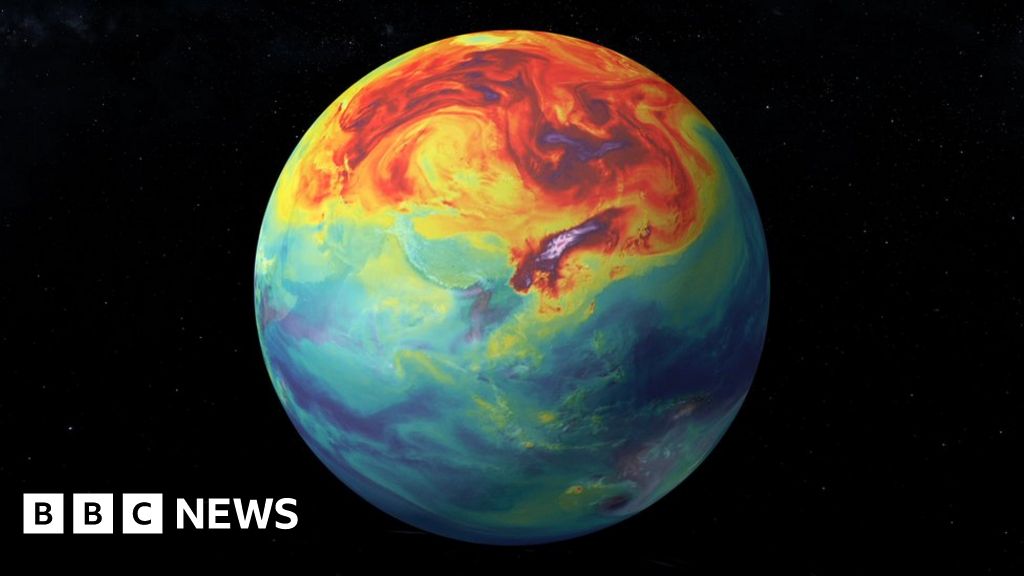
... COP25 will reaffirm that multilateralism is the best tool for the solution of global challenges such as climate change, said Spain s minister for the ecological transition, Teresa Ribera...
Climate change: 'Bleak' outlook as carbon emissions gap grows
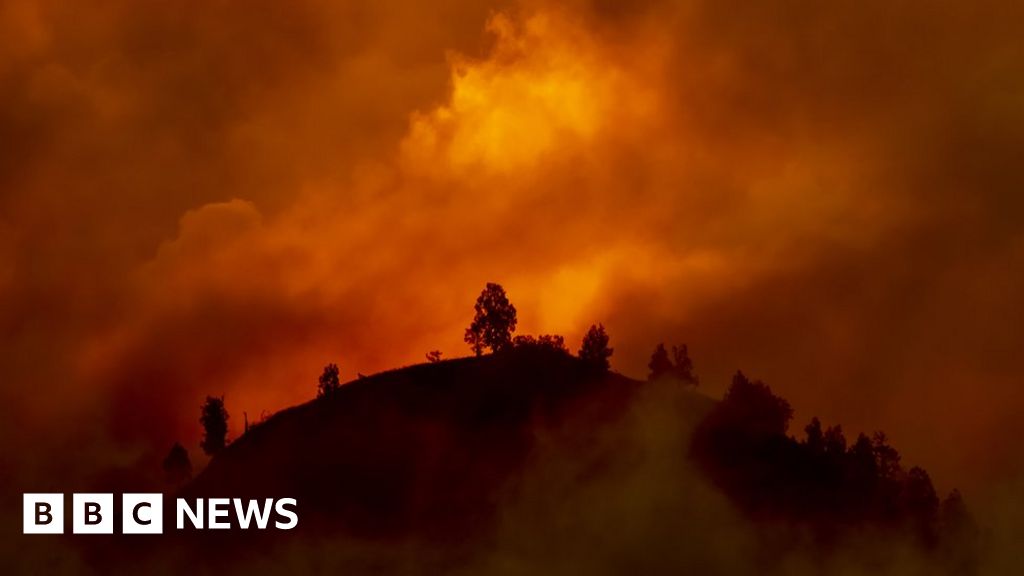
... This is a new and stark reminder by the Unep that we cannot delay climate action any longer, said Teresa Ribera, Spain s minister for the ecological transition...
Climate change: 'Bleak' outlook as carbon emissions gap grows
Climate Change is said to have increased the severity of recent wildfires in Australia
Countries will have to increase their carbon-cutting ambitions five fold if The World is to avoid warming by More Than 1. 5C, the UN says.
The annual emissions gap Report shows that even if all current promises are met, The World will warm by More Than double that amount by 2100.
Richer countries have failed to cut emissions quickly enough, the authors say.
Fifteen of the 20 wealthiest nations have no timeline for a net zero target.
Hot on The Heels of The World Meteorological Organization's Report on greenhouse gas concentrations, the UN Environment Programme (Unep) has published its regular snapshot of how The World is doing in cutting levels of these pollutants.
The emissions gap Report looks at the difference between how much carbon needs to be cut to avoid dangerous warming - and where we are likely to end up with the promises that countries have currently committed to, in the Paris climate agreement.
The UN assessment is fairly blunt. "The summary findings are bleak," it says. "Countries collectively failed to stop the growth in global greenhouse gas emissions, meaning that deeper and faster cuts are now required. "
The Report says that emissions have gone up by 1. 5% per year in The Last decade. In 2018, the total reached 55 gigatonnes of CO2 equivalent. This is putting the Earth on course to experience a temperature rise of 3. 2C by the end of This Century .
Just last year, the Intergovernmental Panel on Climate Change warned that allowing temperatures to rise More Than 1. 5 degrees This Century would have hugely damaging effects for human, plant and animal life across The Planet .
This Report says that to keep this target alive, The World needs to cut emissions by 7. 6% every year for the next 10 years.
"Our collective failure to act early and hard on Climate Change means we now must deliver deep cuts to emissions - over 7% each year, if we break it down evenly over the next decade," said Inger Andersen , Unep's executive director.
The Report pays particular attention to the actions of the richest countries. The Group of the 20 wealthiest (G20 ) are responsible for 78% of all emissions. But so far, only the EU, the UK, Italy and France have committed to long-term net zero Targets .
Forest clearing in Asia has contributed significantly to carbon emissions over The Past decadeSeven G20 members need to take more action to achieve their current promises. These include Australia, Brazil, Canada, Japan, The Republic of Korea, South Africa and the US.
For example, Brazil's plans were recently revised, "reflecting the recent trend towards increased deforestation".
Three countries - India , Russia and Turkey - are all on track to over-achieve their plans by 15% but the authors of The Report say this is because the Targets they set themselves were too low in the First Place .
For three others - Argentina , Saudi Arabia and Indonesia - the researchers are uncertain as to whether they are meeting their Targets or not.
Flooding is one of The Most damaging consequences of rising temperaturesThat leaves China, the EU and Mexico as three countries or regions that are set to meet their promises or nationally determined contributions (NDCs), as they are called, with their current policies.
Without serious upgrades to most countries' plans, the UN says the 1. 5C target will be missed by a significant amount.
"We need quick wins to reduce emissions as much as possible in 2020, then stronger NDCs to kick-start The Major transformations of economies and societies," says Inger Anderson.
"We need to catch up on The Years in which we procrastinated," she added. "If we don't do this, the 1. 5C goal will be out of reach before 2030. "
The Report outlines some specific actions for different countries in the G20 .
There will have to be a huge increase in spending on Renewable EnergySo for Argentina it's recommended that they work harder to shift The Public towards widespread use of Public Transport in big cities. China is urged to ban all new coal-fired power plants, something that recent research casts doubt on.
The biggest focus of action is the energy system. To get a sense of The Massive scale of change that is needed, the study says The World will have to spend up to $3. 8 trillion per year, every year between 2020 and 2050 to achieve the 1. 5C target.
The impression that Time Is running short is reinforced by The Report - and UN negotiators gearing up to meet in Madrid next week at COP25 are feeling the pressure to increase their ambitions on carbon.
"This is a new and stark reminder by the Unep that we cannot delay Climate Action any longer," said Teresa Ribera , Spain's minister for the ecological transition.
"We need it at every level, by every national and subnational government, and by the rest of the economic and civil society actors. We urgently need to align with the Paris Agreement objectives and elevate climate ambition.
"It would be incomprehensible if countries who are committed to the United Nations system and multilateralism did not acknowledge that part of this commitment requires further Climate Action . Otherwise, there will only be more suffering, pain, and injustice. "
Follow Matt on Twitter .
amazon fires, wildfires, climate change, intergovernmental panel on climate change
Source of news: bbc.com











